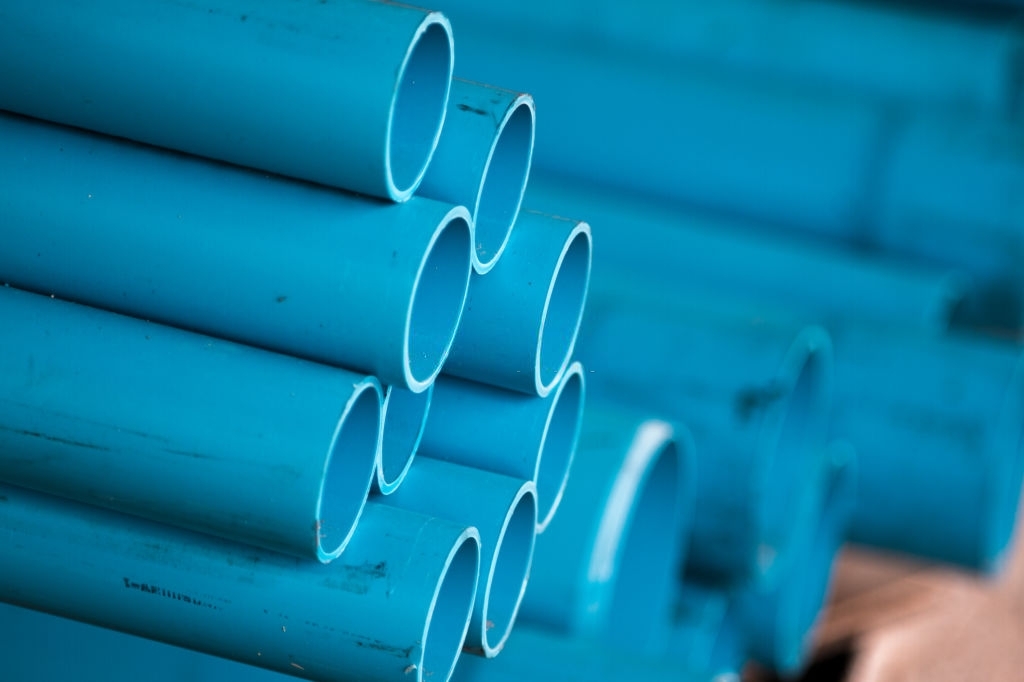Choosing the Right Borehole Casing Materials in Zimbabwe
Selecting the right materials for borehole casing is crucial in Zimbabwe to ensure the longevity and efficiency of your borehole.
In this article, we will discuss the available options and highlight the importance of using approved brands.
PVC casing is a common and relatively inexpensive choice. It is resistant to corrosion but must be manufactured according to the Standard Association of Zimbabwe's standards and ratings.
For larger and deeper bores, fibreglass reinforced plastic (FRP) and fibreglass reinforced epoxy (FRE) are preferred due to their strength and durability. Though more expensive, they offer added longevity.
Steel casing is another option known for its strength, but it is more costly and susceptible to corrosion. Stainless steel, available in different grades and wall thicknesses, is often preferred in corrosive environments.
Consider the specific conditions of your location and consult with a trusted contractor when selecting borehole casing materials. Proper drilling and casing techniques are crucial for the borehole's longevity.
Water Systems uses Proplastics Zimbabwe (Class 9 Casings) and Driptech Irrigation (Class 10 Casings), trusted brands offering a 50-year warranty. Using approved brands ensures compliance with necessary standards.
Investing in high-quality borehole casing prevents collapse and maintains functionality for years. Cheaper options may lead to costly repairs or replacements.
Borehole screens are also important components. For sand aquifers, good quality screens increase yield and reduce pump wear. Slotted PVC screens are commonly used for low yield requirements in Zimbabwe, while areas with fine sand may require a gravel pack filter envelope for better yields.
Prioritize quality in borehole casing and construction, choosing materials from approved brands. Consult with a trusted contractor and consider location-specific conditions for informed decisions.
Remember, a properly cased borehole can last for generations when constructed and maintained correctly. Invest in quality materials for a reliable water source for years to come.
PVC casing is a common and relatively inexpensive choice. It is resistant to corrosion but must be manufactured according to the Standard Association of Zimbabwe's standards and ratings.
For larger and deeper bores, fibreglass reinforced plastic (FRP) and fibreglass reinforced epoxy (FRE) are preferred due to their strength and durability. Though more expensive, they offer added longevity.
Steel casing is another option known for its strength, but it is more costly and susceptible to corrosion. Stainless steel, available in different grades and wall thicknesses, is often preferred in corrosive environments.
Consider the specific conditions of your location and consult with a trusted contractor when selecting borehole casing materials. Proper drilling and casing techniques are crucial for the borehole's longevity.
Water Systems uses Proplastics Zimbabwe (Class 9 Casings) and Driptech Irrigation (Class 10 Casings), trusted brands offering a 50-year warranty. Using approved brands ensures compliance with necessary standards.
 |
| A Borehole That Lasts A Lifetime! (Know Your Borehole Casing) |
Borehole screens are also important components. For sand aquifers, good quality screens increase yield and reduce pump wear. Slotted PVC screens are commonly used for low yield requirements in Zimbabwe, while areas with fine sand may require a gravel pack filter envelope for better yields.
Prioritize quality in borehole casing and construction, choosing materials from approved brands. Consult with a trusted contractor and consider location-specific conditions for informed decisions.
Remember, a properly cased borehole can last for generations when constructed and maintained correctly. Invest in quality materials for a reliable water source for years to come.